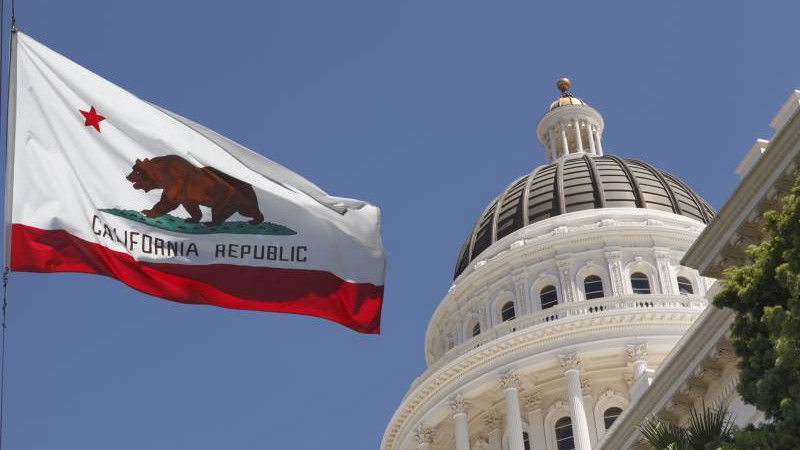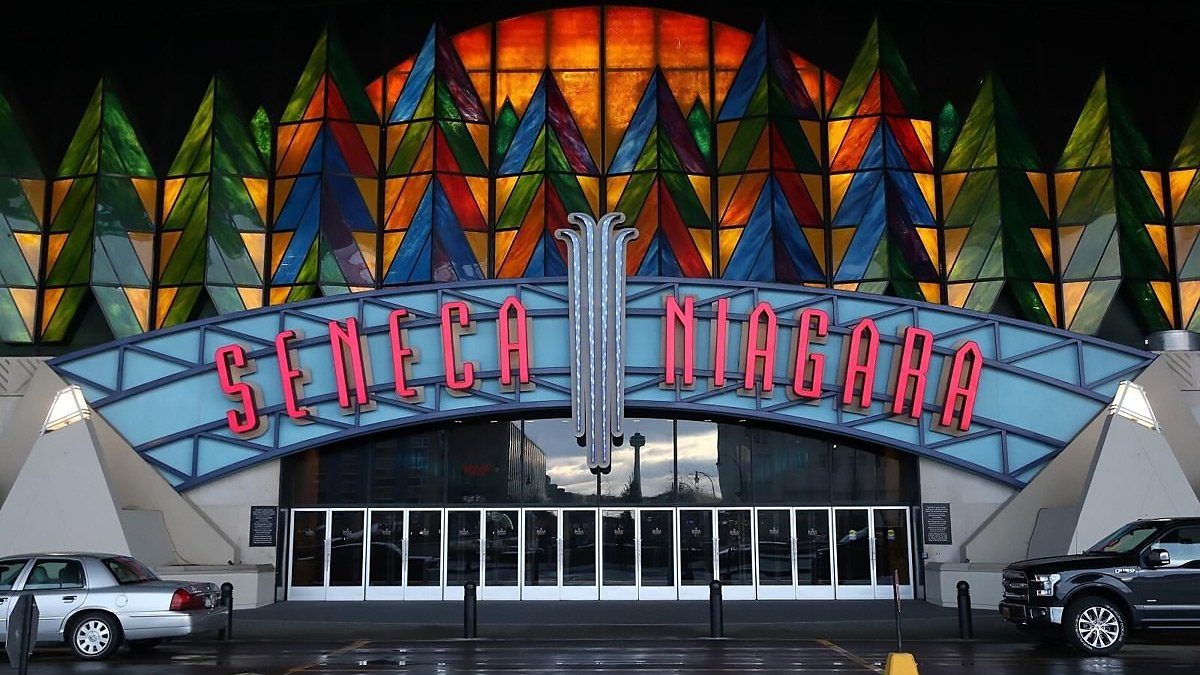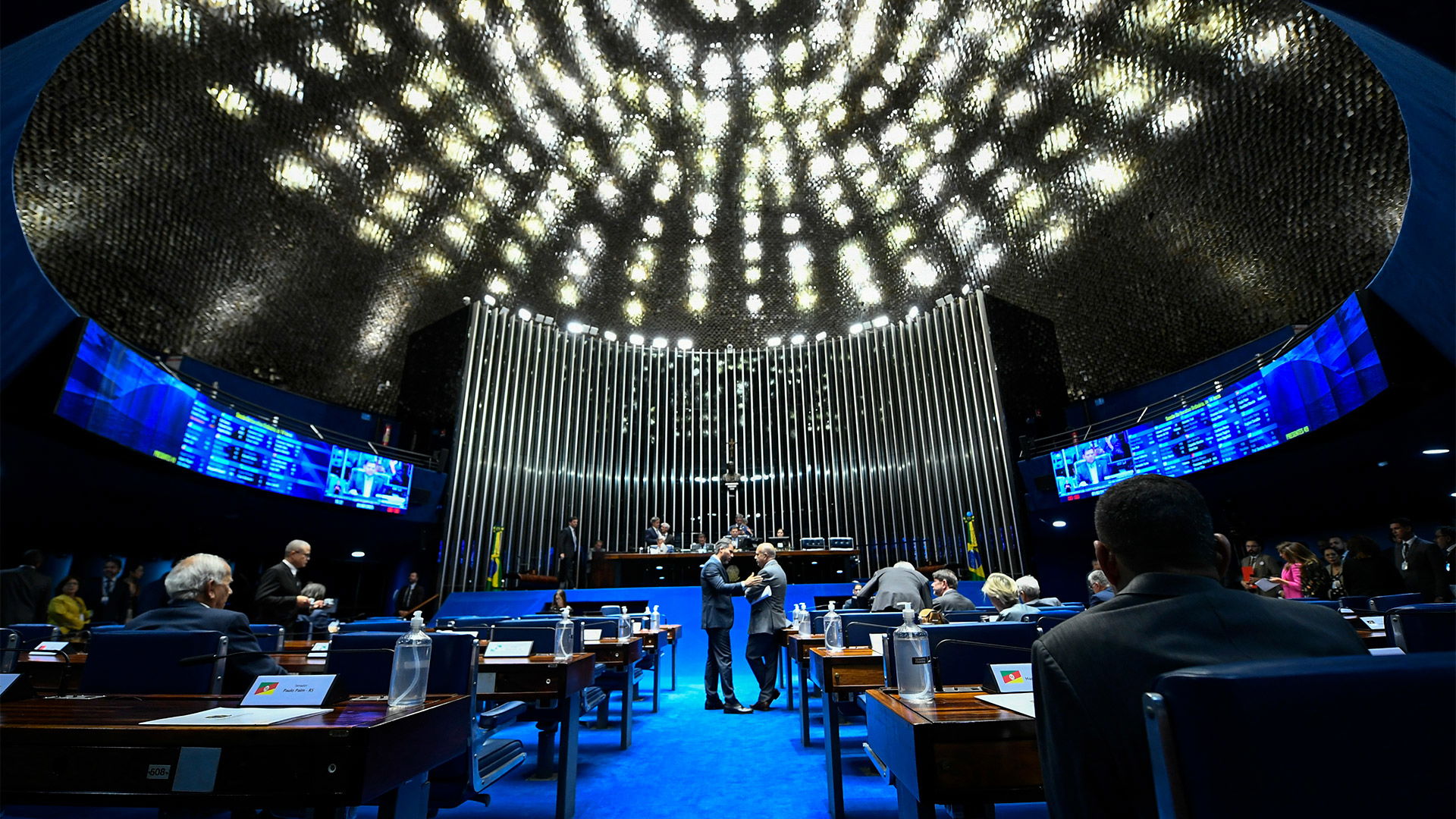California anti-sweepstakes casino bill clears Senate panel, faces further review

A bill aimed at banning online sweepstakes casinos in California advanced in the state Senate on Tuesday, clearing the Governmental Organization Committee with unanimous support, despite concerns over its speed and scope.
Assembly Bill 831, authored by Assemblymember Avelino Valencia, passed by a 10-0 vote and now heads to the Public Safety Committee. The legislation seeks to prohibit so-called “dual currency” sweepstakes platforms that allow players to convert virtual winnings into real money, a model that tribal gaming leaders say skirts California’s gaming laws.
“Players are able to convert winnings into actual cash,” Valencia said during the hearing. “By operating as an online casino with real cash payouts, these platforms are circumventing the will of the voters and sidestepping the state’s gaming framework.”
The measure is backed by California tribal nations and major gambling interests, including the San Manuel Band of Mission Indians, the California Nations Indian Gaming Association (CNIGA), and the Sports Betting Alliance, which includes FanDuel, DraftKings, BetMGM, Fanatics Sportsbook, and bet365.
“Allowing online sweepstakes casinos to continue operating in the state will destabilize the entire legal gaming ecosystem,” said Isaiah Vivanco, chairman of the Soboba Band of Luiseño Indians and treasurer of CNIGA.
Opposition came from sweepstakes industry groups and affiliated businesses, including the Social Gaming Leadership Alliance, Play Studios, the World Poker Tour, and VGW. Critics argued the bill was rushed and lacks a comprehensive study of the potential impacts.
“This is a bill by competitors to get rid of their competition,” said Bill Gantz, an attorney representing the SGLA, adding that the legislation would outlaw products that have existed in the state for over a decade without regulatory backlash.
Several lawmakers voiced concern over the bill’s rapid advancement and ambiguity around criminal penalties. Senators Rosilicie Ochoa Bogh, Susan Rubio, and Angelique Ashby all said the language needed tightening to ensure consumers wouldn’t be penalized.
“You need to tighten up the language around who the criminal penalties, fines and fees will apply to, to make sure we protect Californians who don’t incidentally stumble upon some online gameplay,” said Ashby.
The bill proposes fines of up to $25,000 and a maximum prison sentence of one year for sweepstakes casino operators, payment processors, suppliers, endorsers, and affiliates. Valencia emphasized the legislation is not intended to criminalize individual players and said clarifying amendments would follow.
Representatives of California’s legal card rooms, initially opposed to the bill, have expressed tentative support following Valencia’s assurance that card rooms would be exempted in future amendments.
AB 831 was introduced in February and passed the Assembly in May. It stalled temporarily in the Senate before being revived and amended last month. If approved by the Public Safety and Appropriations Committees, it will go to the full Senate for a vote.
Despite approving the bill, some lawmakers reserved the right to change their position later.
“This could be very, very impactful in a large area,” Bogh said. “We don’t have an opportunity to vet thoroughly.”















